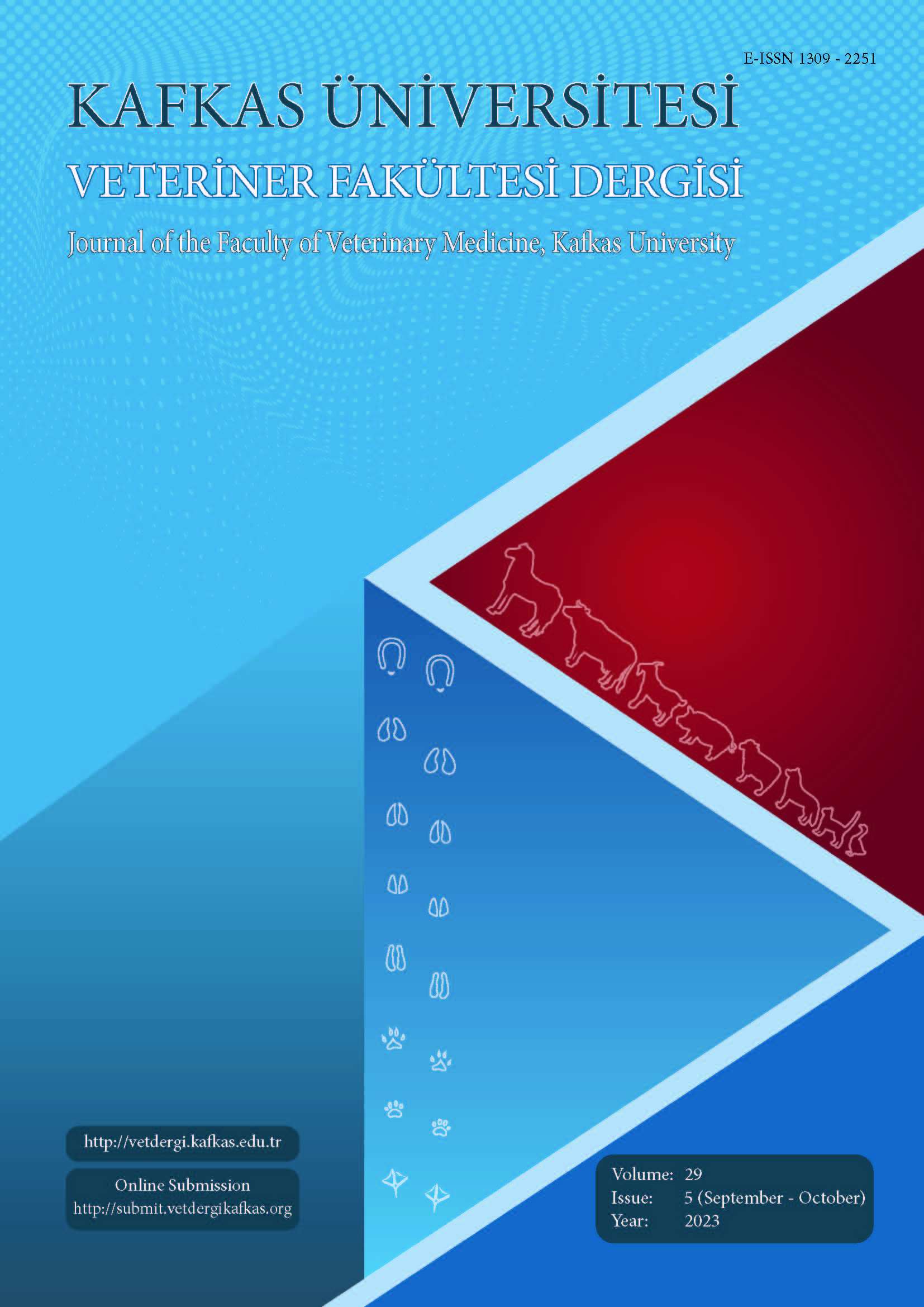
This journal is licensed under a Creative Commons Attribution-NonCommercial 4.0 International License
Kafkas Üniversitesi Veteriner Fakültesi Dergisi
2023 , Vol 29 , Issue 5
Effect of Celery Powder as an Alternative Nitrite Source on Some Quality Properties and Nitrosamine Formation in Sucuk
1Atatürk University, Vocational College of Technical Sciences, Department of Food Technology, TR-25240 Erzurum - TÜRKİYE
DOI :
10.9775/kvfd.2023.30016
This study aimed to determine the effects of celery powder (nitrate converted to nitrite)
and cooking time on the formation of nitrosamine in sucuk. The microbiological and
physicochemical properties were also investigated. Four sucuk batters were prepared:
T1 - 100 mg/kg synthetic sodium nitrite, T2 - 150 mg/kg synthetic sodium nitrite, T3 -
celery powder equivalent to 100 mg/kg nitrite, T4 - celery powder equivalent to 150 mg/
kg nitrite. After ripening (initial fermentation temperature: 24±1°C, ripening time: 7
days), the samples were subjected to the analyses. Lactic acid bacteria and Micrococcus/
Staphylococcus were not affected by the treatment. T4 treatment showed higher pH
values than T1 and T2. The celery powder groups (T3 and T4) showed lower aw values
than other groups (T1 and T2). No significant differences were observed between the
treatments in terms of thiobarbituric acid reactive substance (TBARS) value, residual
nitrite level, N-nitrosodimethylamine (NDMA) and N-nitrosodiethylamine (NDEA)
contents. However, N-nitrosopiperidine (NPIP) content was found to have higher in T4
treatment. Cooking time, especially 3 min, caused a significant increase in nitrosamine
content. The effect of cooking time on nitrosamines was also revealed in principal
component analysis.
Keywords :
Sucuk, Fermented sausage, Nitrosamine, Celery powder, NDMA, NDEA, NPIP










